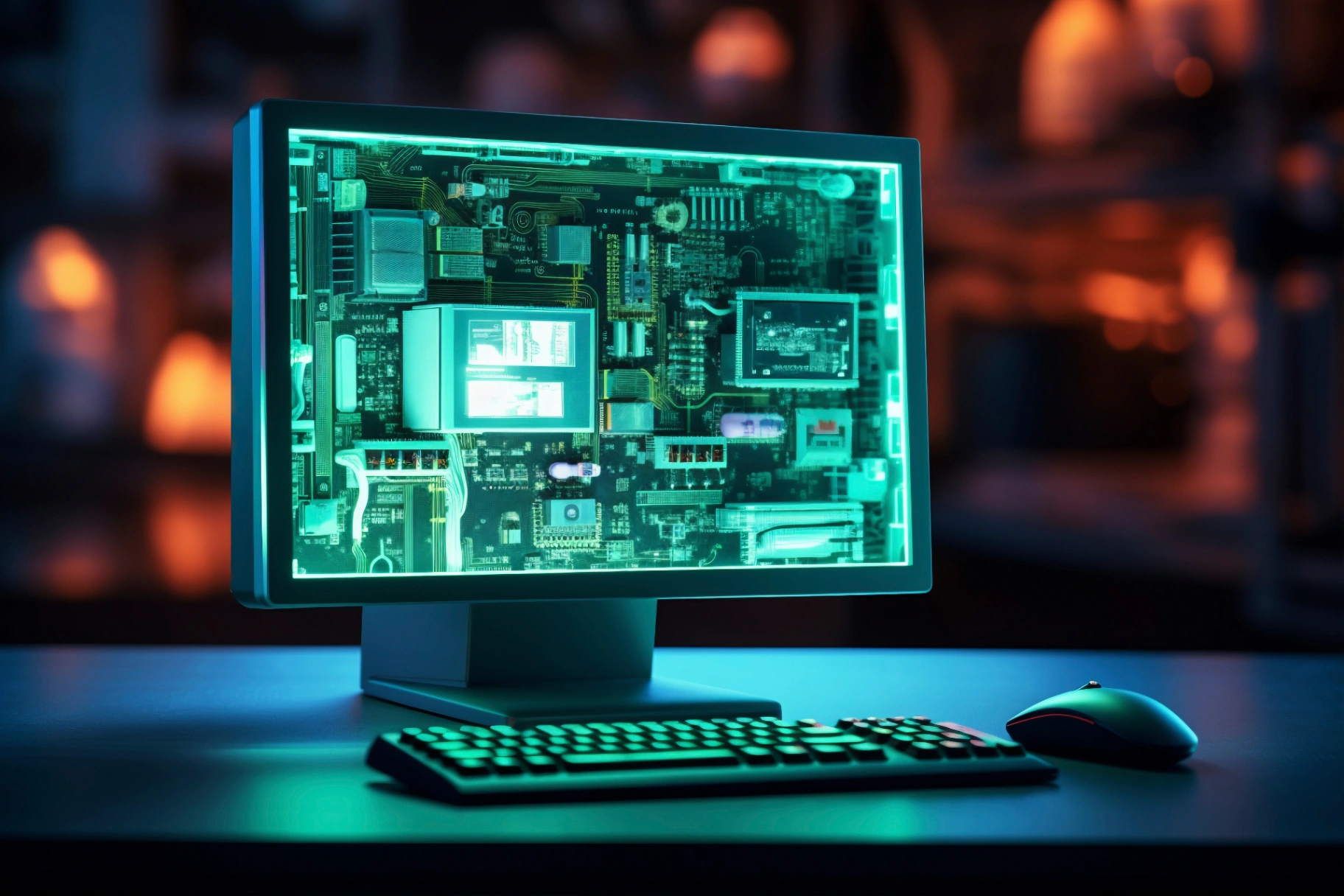PC Hardware Problems: Troubleshooting Guide & Fixes
Navigating PC hardware problems can be challenging, but with the right knowledge, many common issues
Created by: Daniel Ogunsemowo /
Vetted by:
Otse Amorighoye

Navigating PC hardware problems can be challenging, but with the right knowledge, many common issues can be resolved at home. This troubleshooting guide provides targeted fixes for various computer hardware problems, helping you diagnose and remedy issues efficiently and effectively.
1. Computer Overheating? Causes and Solutions
Problem
Overheating can cause your computer to shut down unexpectedly, throttle performance, or suffer long-term damage.
Solution
Ensure your PC has adequate ventilation. Check that fans are operational and clear of dust.
Consider using a cooling pad for laptops or reapplying thermal paste to the CPU if temperatures continue to be high.
For more details on preventing overheating, check out Tips for Preventing Hardware Failures: Extend Your Computer's Lifespan.
2. Hard Drive Clicking or Slow? How to Fix It
Problem
Slow performance and clicking sounds can indicate an imminent hard drive failure.
Solution
Back up data immediately. Use tools like CHKDSK in Windows or Disk Utility in macOS to diagnose and potentially fix hard drive errors.
Consider replacing the hard drive if problems persist, preferably with an SSD for increased reliability and speed.
For hard drive health monitoring, consider using CrystalDiskInfo.
3. Computer Crashes and Freezes
Possible Cause
Faulty RAM.
Solution
Test your RAM using tools like MemTest86. If errors are found, replace the faulty modules.
Ensure your RAM is compatible with your system for optimal performance.
4. Graphics Card Glitches: Resolving Display Problems
Problem
Artifacts, crashes, or poor performance can point to graphics card issues.
Solution
Update your graphics drivers and check for overheating.
Ensure the card is securely seated and that it's not being throttled by dust or inadequate power.
5. Motherboard Issues: Signs and Fixes
Problem
Frequent hardware malfunctions or failure to boot may indicate a problem with the motherboard.
Solution
Inspect the motherboard for visible signs of damage like bulging capacitors or scorch marks.
Check all connections and perform a BIOS/UEFI update if necessary. Motherboard issues are complex and might require professional assistance.
For more on diagnosing and fixing PC hardware issues, see Essential Tools for Hardware Diagnostics: How to Maintain and Extend Your Computer’s Lifespan.
6. Power Supply Problems: How to Identify and Resolve
Problem
System instability or failure to power on could be due to power supply issues.
Solution
Test the power supply with a multimeter or a dedicated tester. Replace if it fails to meet the required voltage standards.
7. Peripheral Connectivity Issues: Quick Fixes
Problem
Devices like keyboards, mice, or external drives not working as expected.
Solution
Check and replace faulty cables. Update device drivers and clean ports to ensure a good connection.
Test with alternative devices to rule out hardware faults.
8. BIOS/UEFI Issues: Boot Problems and More
Problem
If your PC is having trouble starting up, the BIOS/UEFI settings could be the culprit.
Solution
Reset the BIOS/UEFI to default settings and update to the latest firmware version.
Ensure that boot order and other relevant settings are correctly configured.
For a deeper understanding of BIOS/UEFI issues, check out our Desktop Support Service.
Conclusion
Diagnosing and fixing PC hardware issues doesn't always require professional help. With this guide, you're equipped to tackle common problems and keep your computer running smoothly. Remember, regular maintenance and early detection of issues can prevent significant problems down the road.
For more information on keeping your hardware in top shape, visit Tips for Preventing Hardware Failures: Extend Your Computer's Lifespan.